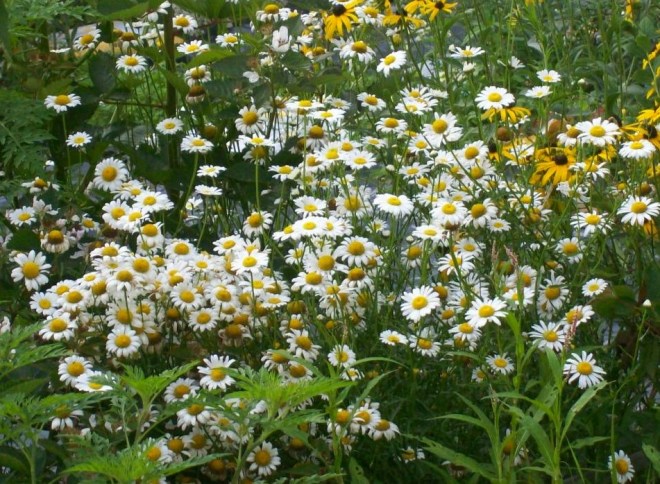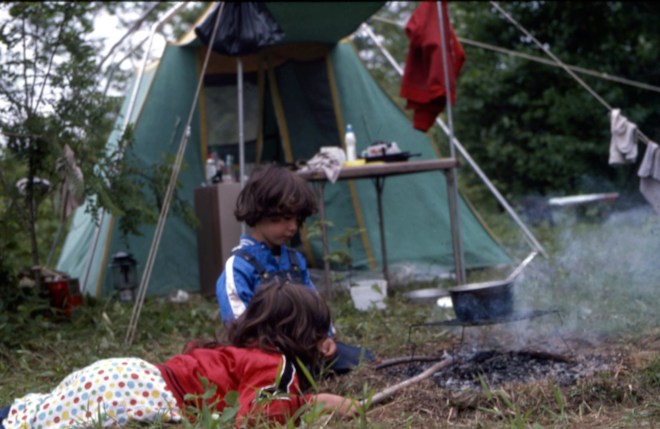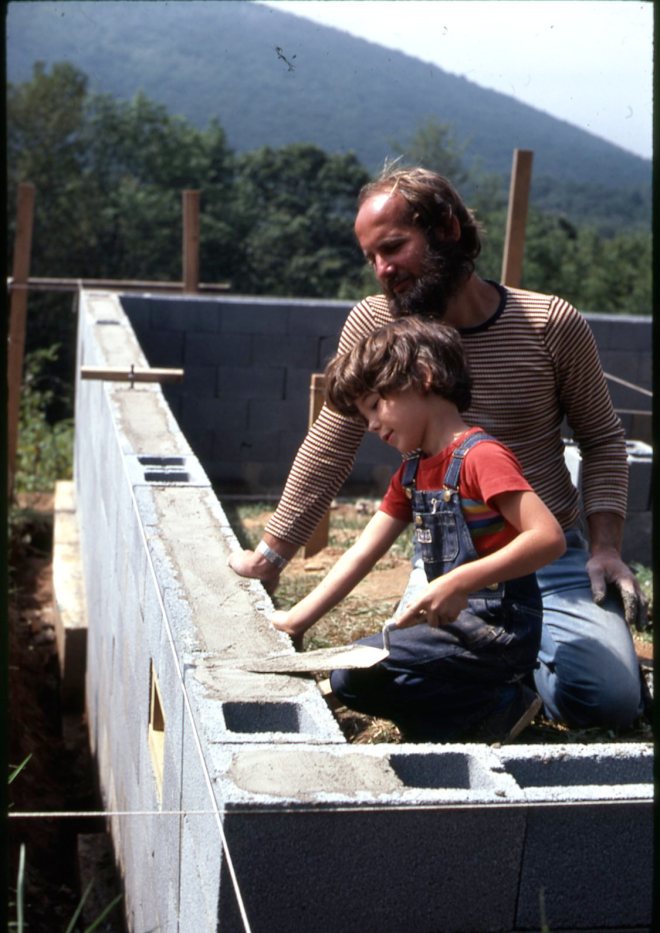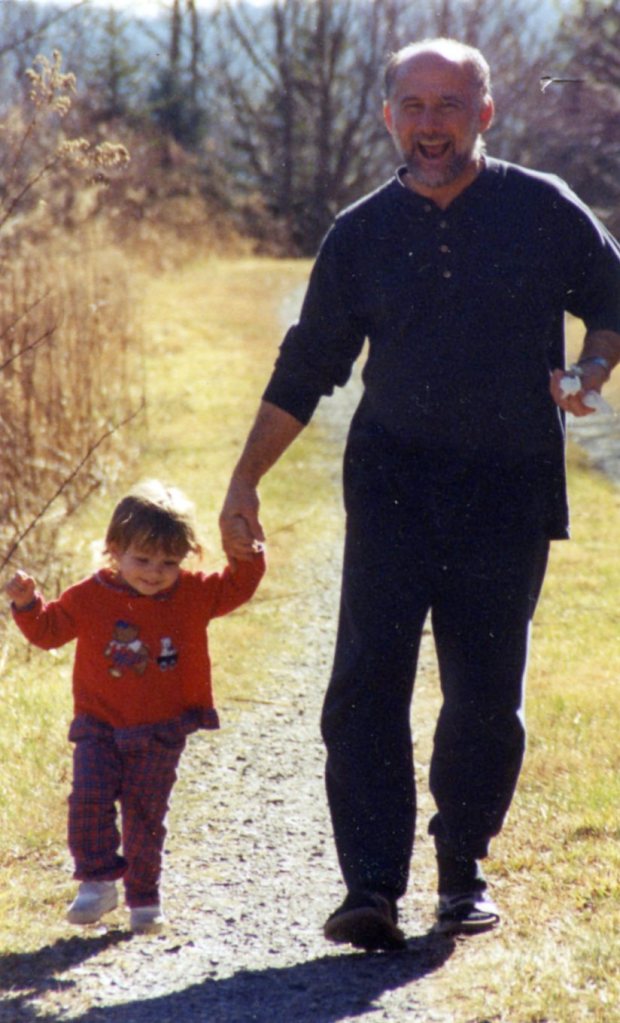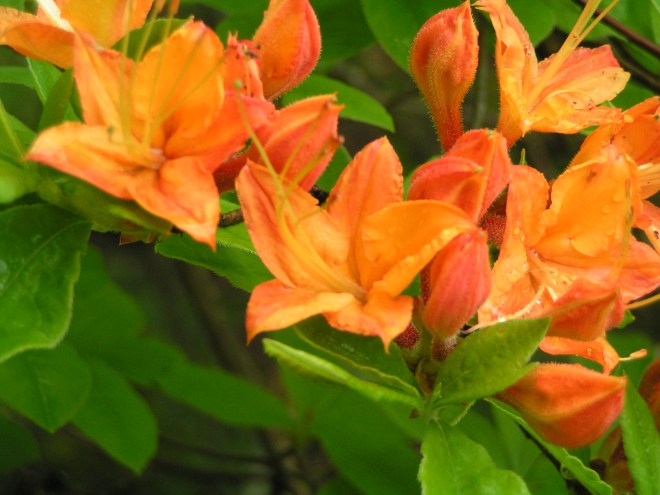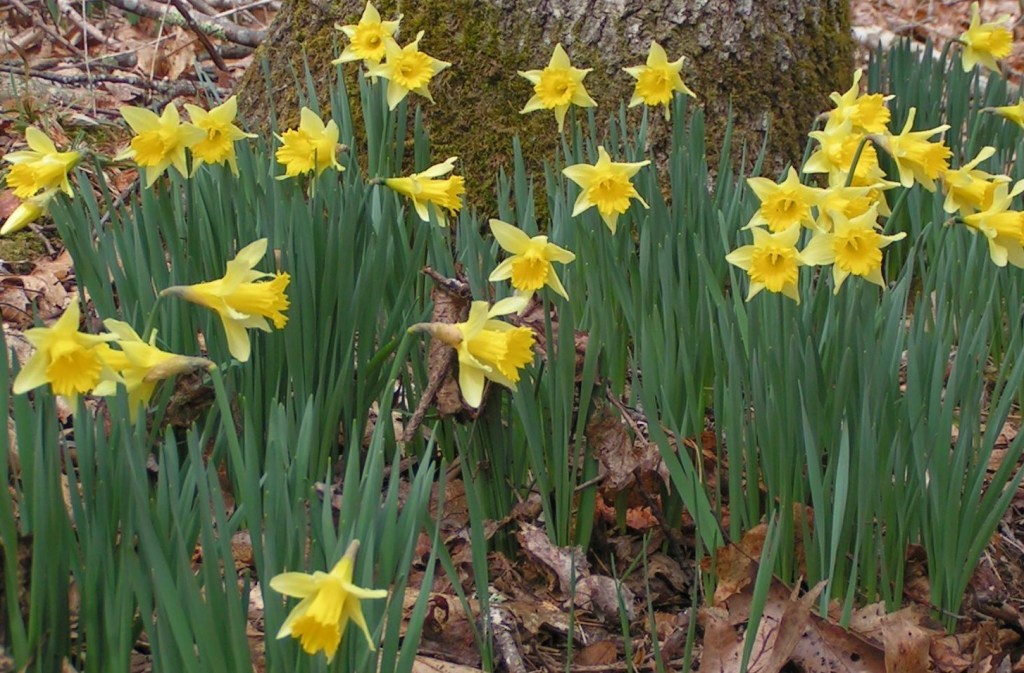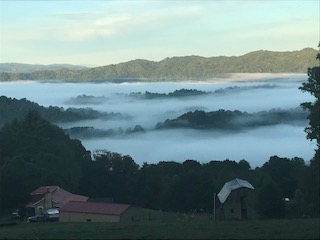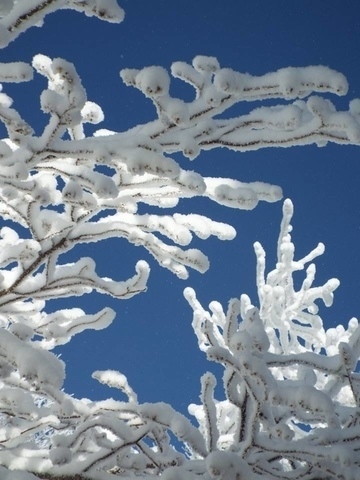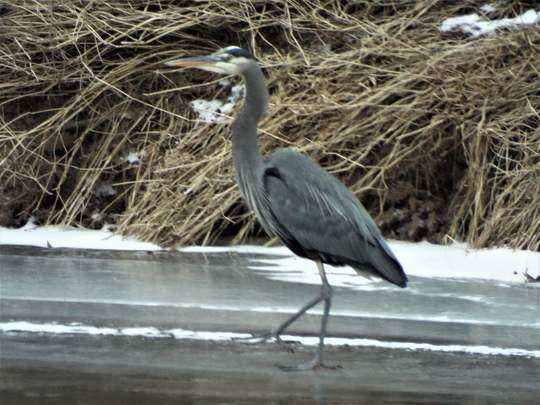My Wednesday Writing Group is now meeting via email since we are sheltering in place. Our fearless leader’s recent prompt forced me into some deep soul searching. I didn’t know where this piece was going when I picked up my pen, but it turned into something meaningful for me, so meaningful that I’m opening myself up to you now.
Tell me, what is it you plan to do with your one wild and precious life?

Naturalized daffodils in the woods
I remember when our children were young and complained about not having enough time to do the things that really mattered. My go-to response was to remind them that however they spent their time was a demonstration of what truly mattered the most to them (which was often watching TV). Sometimes the response was tears, sometimes an eye roll or two, but it never seemed to change behavior. Maybe that’s because I was better at preaching than practicing. I was chiding myself every bit as much as I was chiding them.
I live in constant awe and envy of many women whose orbit I circle: women who travel to far off places to do good, putting themselves in who-knows-how-much of harm’s way, risking their health and safety. They give their time, their creativity, and their financial resources to help others. They think of others before themselves.
Like theirs, my heart aches for the plight of so many in this world, but that is often as much as I allow. I’m filled with compassion more than passion. I am not moved to activism. A lifetime ago it was different, but I burned my candle down to a nub. I got burned and burned out, and the flame has never reignited.
Still, I find myself looking around me and wondering how I can help, how I can make a difference. I looked close to home—it’s not an easy place to find an answer. I’m surrounded by an enclave of family—theirs, not mine. Much of what they do, all four generations of them, they do together: farming, canning, eating, errands, playing. They are self-contained; they take care of each other. They do not seem to need others, even in times of need.
“Where am I needed? What can I do?”
That was the question I asked myself when one of the older generation among these neighbors received a devastating cancer diagnosis. They certainly didn’t need me to bring food or offer trips to the doctor. I had just recently retired from my far more than full-time job when it came to me—the one thing I now had that family members did not.
Time. I could visit. While their children and grandchildren and great-grandchildren are off at work and school, I could give my time.
I had my answer.
At this stage in my own life, it seems the things I have to offer are the small things. A smile, a word of encouragement, a thank you or a compliment. They are indeed small things, but as I look around, they are things the world seems much in need of right now. These things I can do, and I have learned to be on the alert. Not always, not enough, but so much more than when I was so overworked and overwhelmed that I seemed only to live inside myself.
These days I actively watch for opportunities to smile, to make a small gesture. “Is there something I can get for you from that top shelf?” to the older gentleman in his electric shopping cart. “May I help with that?” to the woman struggling to get her arm into the coat sleeve.
I step out of my comfort zone to say something pleasant to a person who seems vulnerable. It’s an indirect way of saying, “You’re not alone. Here is a safe place.” Sometimes I just watch. How is this clerk from Pakistan being treated by her customers? How are those Latino customers being treated by that cashier? I’m ready to step in, though I have no idea how.
I’ve also learned that things I think and say and write can occasionally make a difference. It’s the main reason I continue to write—in hopes that I will sometimes find some combination of words that will touch someone.
In these ever more uncertain times, I believe it is more important than it ever has been—in my lifetime, at least—to look for the small ways I can help improve someone else’s day. Maybe it’s an extra large tip when my server is having a tough time. Maybe it’s a conversation with the overworked cashier at the big box store. Maybe it’s popping a check in the mail to make up for the appointments I’ll miss with my hairdresser for the current stage of the coronavirus shutdown—with a little something extra added in. Maybe it’s looking for a sliver of silver lining someone’s clouds.
What do I plan to do with my one wild and precious life? I plan to plant a little ray of sunshine wherever I can. Carrie Newcomer sings, “Between here now and forever is so precious little time.” With my precious little time I will seek out tiny acts of kindness to perform, following Mother Teresa’s counsel to do small things with great love.
The Summer Day
Who made the world?
Who made the swan, and the black bear?
Who made the grasshopper?
This grasshopper, I mean-
the one who has flung herself out of the grass,
the one who is eating sugar out of my hand,
who is moving her jaws back and forth instead of up and down-
who is gazing around with her enormous and complicated eyes.
Now she lifts her pale forearms and thoroughly washes her face.
Now she snaps her wings open, and floats away.
I don’t know exactly what a prayer is.
I do know how to pay attention, how to fall down
into the grass, how to kneel down in the grass,
how to be idle and blessed, how to stroll through the fields,
which is what I have been doing all day.
Tell me, what else should I have done?
Doesn’t everything die at last, and too soon?
Tell me, what is it you plan to do
with your one wild and precious life?
–Mary Oliver from New and Selected Poems, 1992
